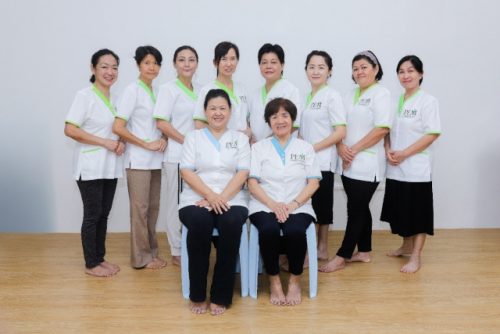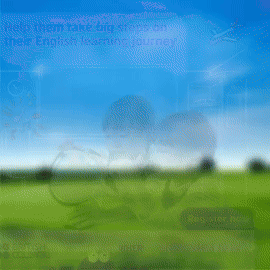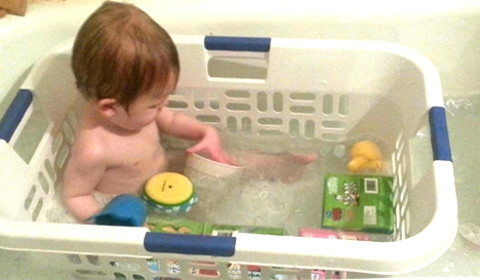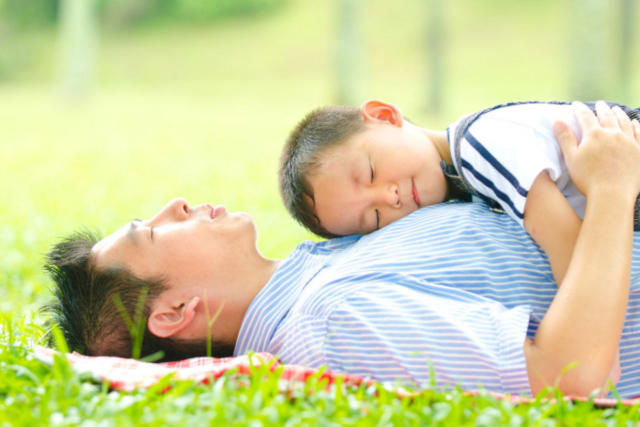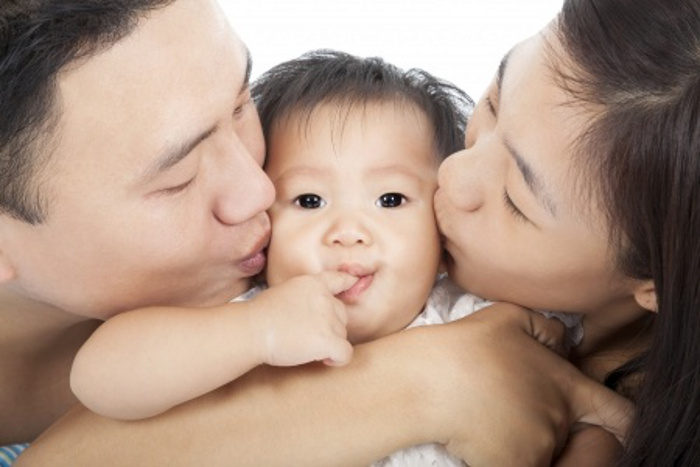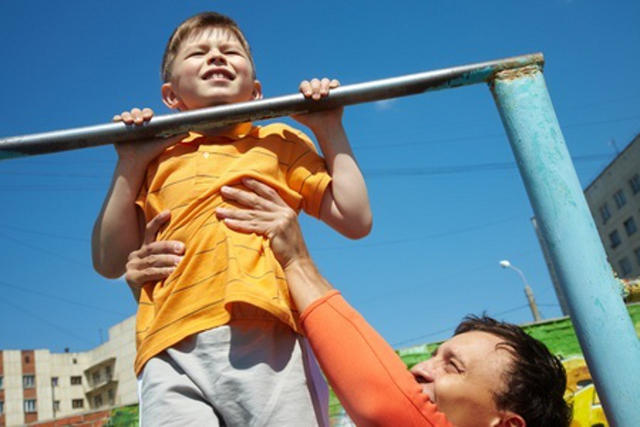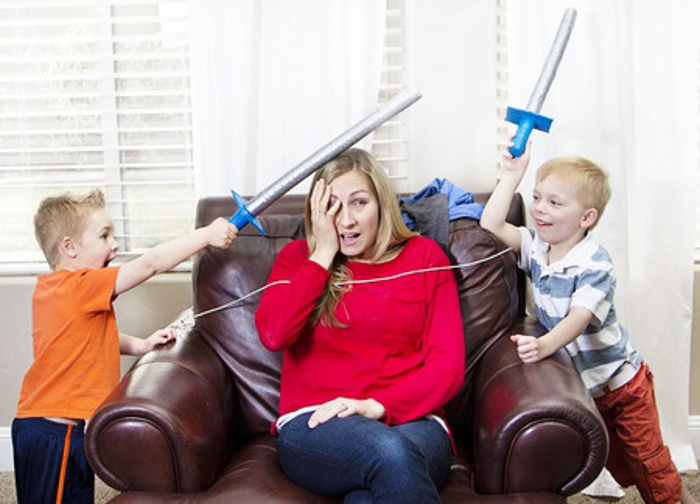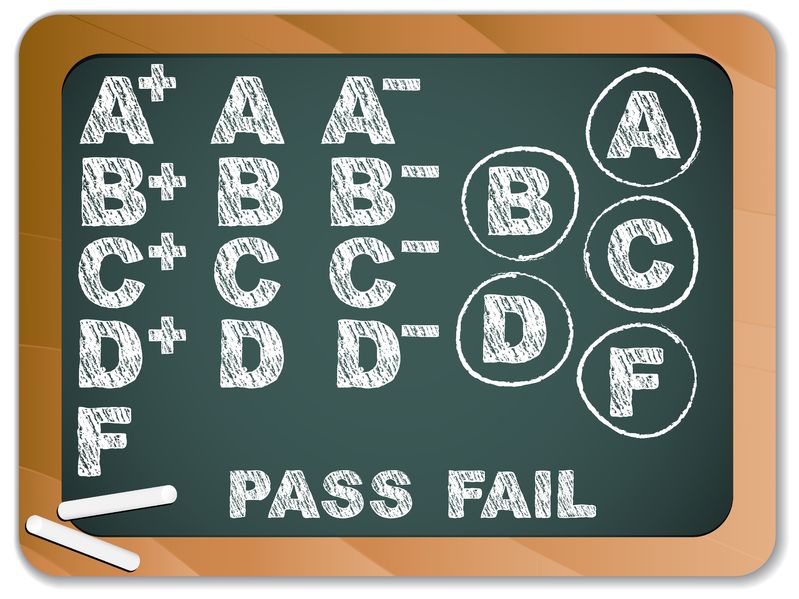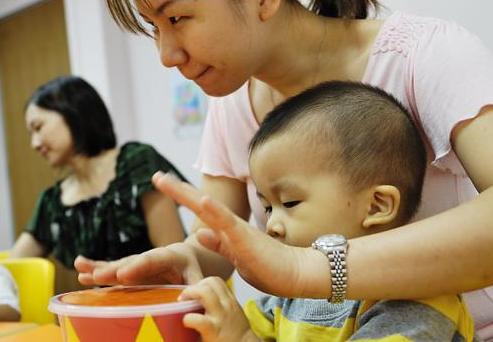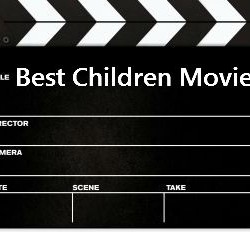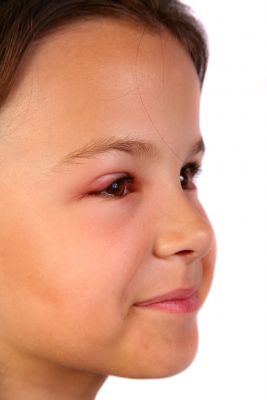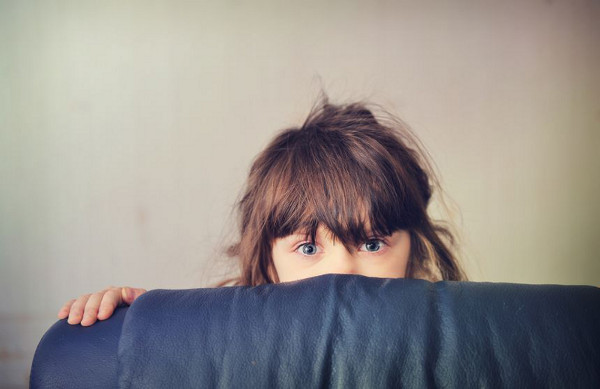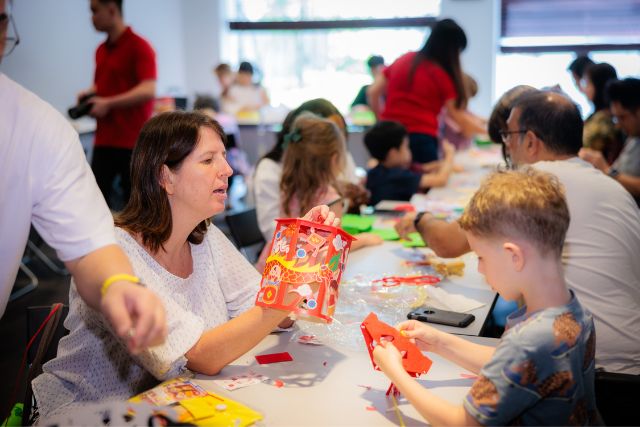Research and studies constantly throw up new ideas and statistics about how we are living our lives. Changing trends in parenting is no exception. Some of the changes may be seen as more positive than others, but what is evident is the correlation between these trends with technology.
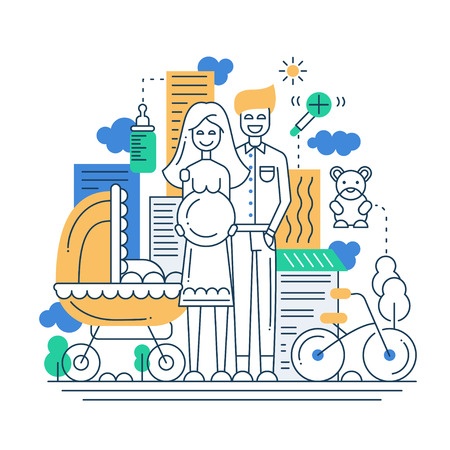
#1. I am a _______ parent
Research and studies in the field of pedology have helped to raise awareness of how we parent. Though categorisation of parenting styles came about in the 1960s, a plethora of scholarly opinion has become available in the past decade. For example, parents can determine if they are ‘authoritarian’, ‘authoritative’, ‘permissive’ or ‘uninvolved’ in their approach to parenting and how – combined with an understanding of their child’s temperament – their approach affects the cognitive, emotional and physical development of the child.
⇒ Related Read: Different Parenting Styles: What Kind Of Parent Are You?
#2. You failed? It’s okay, try again
In Singapore particularly, pressure on children to ‘succeed’ from very young is immense. We still live in a results orientated society. But more and more, parents are accepting that the concept of ‘failure’ is a positive part of learning, and that facing challenges ultimately increases knowledge and skills, helps build self-esteem and aids problem solving.
#3. Fighting with screen time
Today’s reliance on technology frequently dictates how parents model behaviour to their children. With one eye on the smartphone or iPad while talking to our children, are we really listening to them? Consequently, are we affecting their own ability to use language and focus attention?
⇒ Recommended Read: Is My Child Getting Too Much Screen Time? 8 Things Parents Should Know
#4. Let’s talk…in the group chat
Similarly, how we communicate with our children has changed drastically in the last decade. Parents with children old enough to handle a smartphone may find themselves texting or discussing plans via chat apps, just as much as talking to them in person!
#5. Rise of the parent bloggers
Wittingly or unwittingly, parenting today plays out very much in the public domain. The rise of Mummy and Daddy blogs, as well as sharing our children’s photos and videos on the social media, has got us documenting our children’s every move on the internet. Also, more parents today look towards online discussion groups for tips and advice from other parents or experts unknown to them.
⇒ Related Read: The Life Online: 10 Mummy Bloggers We Love
#6. Modern families
The definition of ‘family’ no longer includes simply the traditional mother, father, child model. Though Asia generally remains more conservative, globally, diverse forms of parenting (single parents, same sex parents, common-law couples) are more widespread and widely acceptable. In some countries, such ‘untraditional’ families are also afforded the same parenting rights and benefits as traditional family set-ups.
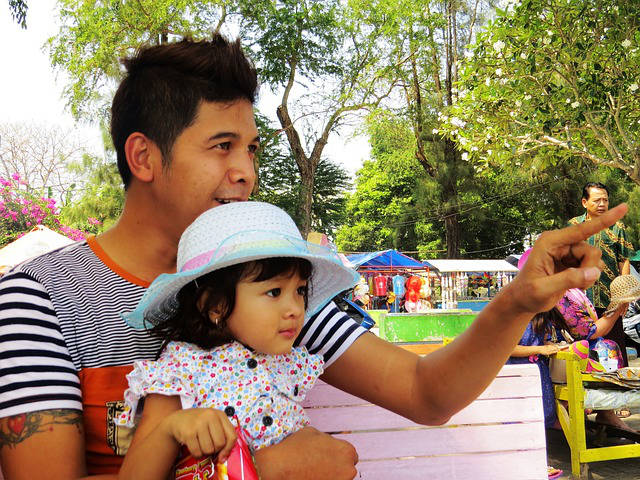
#7. Dads are getting recognised
Gender equality in terms of childcare within the family has witnessed an increase in recent years, with the importance of the role of fathers more widely recognised. In 2012 the Ministry of Family and Social Development (MSF) announced ‘there were more than 25,000 claims made to the CPF Board in respect of Government-paid childcare leave taken by fathers, just slightly below the 27,000 claims for mothers.’ Also, there are official apps and websites encouraging and citing the benefits of more father involvement.
#8. Older first-time parents
With a gradual increase in the average age of first-time parents since the early 2000s, the actuality of becoming a parent has changed. Marriage and parenthood trends in Singapore indicate that both men and women are remaining single for longer. This means that when they do eventually marry, they are older when their first child comes along.
#9. Spare the rod… for good!
Education and communication have helped spread the value of positive discipline and decrease the fear that this is somehow a soft option to success in later life. Leading early childhood educators have helped us understand the adverse consequences of harsh discipline that rarely considers the rights and individuality of the child.
⇒ Related Read: To Cane Or Not To Cane
#10. Endless supply of self-help parenting books
Every year sees the publication of new books intended to help parents along the parenting path. Parenting this… Parenting that… The 1,2,3s of parenting… Each has its appeal, and let’s face it, we can all do with as much help as we can get!
At the end of the day, however, the one thing that hasn’t changed is the fact that much of parenting is a case of trial and error, and just as for our children, learning from experience.
By Fiona Walker, Principal of Schools and CEO of Julia Gabriel Education.
This article was first published in The New Age Parents online magazine.
If you liked this story, show some love by liking and sharing it at the bottom of the post.
Like what you read and want more? Receive our latest articles and giveaways when you sign up on our mailing list here.





